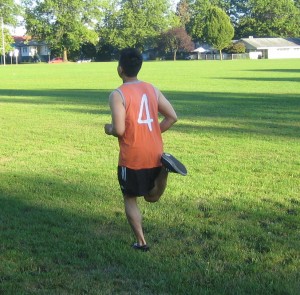Dehydration is defined by loss of excess fluid from the body. The body requires water to maintain its normal functions. Once the body loses more fluids than what is gained from food and beverages, an individual becomes dehydrated. In serious cases, one can end up sick and death is possible.
What are the causes?
The usual causes include vomiting and diarrhea. It is important to note that dehydration also arises if an individual does not eat or drink while sick or not drinking enough fluids after rigorous activities.
Medications such as diuretics which work by eliminating extra fluid from the body is also a long-term cause. In addition, diabetes can lead to water loss if the blood sugar level is too high.
Remember that anyone can end up dehydrated, especially the following:
- Infants less than 1 year old

It is important to note that dehydration also arises if an individual does not eat or drink while sick or not drinking enough fluids after rigorous activities. - If an individual has fever
- Elderly
- Those exposed to warm weather, engaging in strenuous physical activity or diagnosed with diabetes who urinate frequently
What are the signs?
The signs of an early or mild case of dehydration include:
- Flushed face
- Thirst
- Weakness
- Dry, warm skin
- Reduced amount of dark, yellowish urine
- Headache
- Cramps in the legs and arms
- Low energy level
- Confusion among the elderly
- Lightheadedness that is aggravated while standing
- Dry mouth and tongue with thickened saliva
In moderate to severe cases, the signs include:
- Fainting
- Convulsions
- Severe muscle spasms in the legs, arms, back and stomach
- Sunken eyes with reduced or no tears
- Poor skin elasticity
- Lack of urine
- Rapid and deep breathing
Management of dehydration
For early or mild cases of dehydration, self-care measures are enough. As for severe cases, it requires medical care, usually with intravenous fluids.
During or after treatment, the individual is also treated on what is causing vomiting, diarrhea or other symptoms. This might involve alterations in the drugs used and controlling any underlying ailments.
Those who are diagnosed with diabetes are susceptible to dehydration and must see a doctor right away if dehydration is suspected or has an elevated blood sugar level for more than 2 days.

